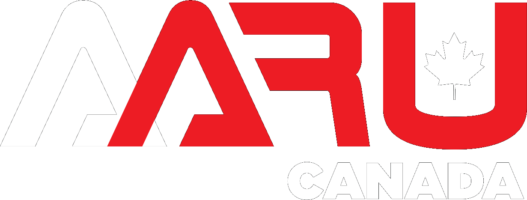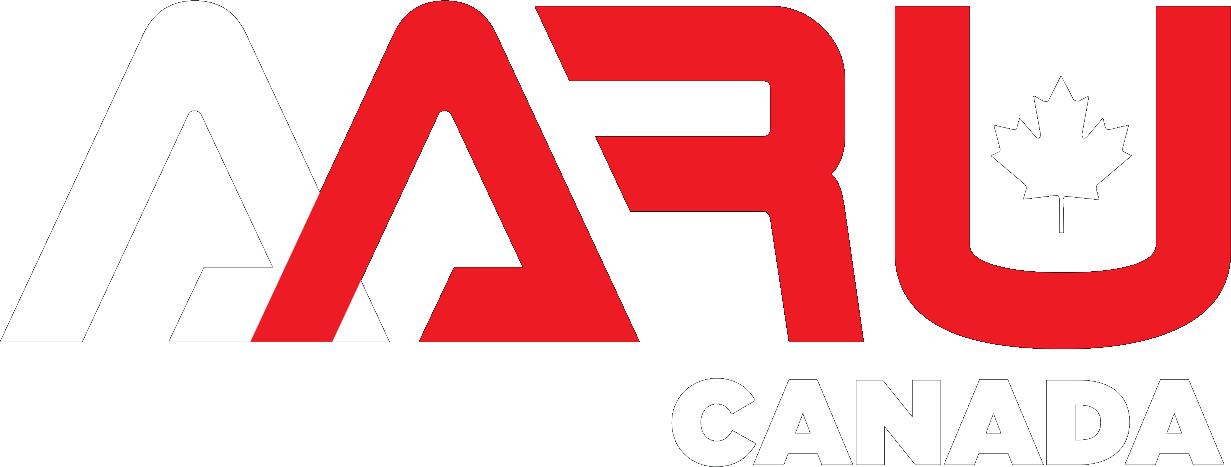Understanding Keywords: A Beginner’s Guide to SEO
In the world of search engine optimization (SEO), keywords play a crucial role in improving your website’s visibility and attracting organic traffic. Understanding how keywords work and how to effectively incorporate them into your content can significantly impact your website’s search rankings. In this beginner’s guide to SEO, we will explore the importance of keywords, how to conduct keyword research, and strategies to optimize your content for maximum visibility. By the end of this article, you’ll have a solid foundation in understanding keywords and their role in SEO.
What are Keywords?
Keywords are words or phrases that people use when searching for information, products, or services on search engines like Google. They act as a bridge between users and relevant web content. By targeting the right keywords, you can ensure that your website appears in search results when users search for related queries.
The Importance of Keyword Research
Keyword research is the process of identifying and analyzing the keywords that are most relevant to your business or industry. It helps you understand what your target audience is searching for and enables you to optimize your website and content accordingly. Proper keyword research allows you to align your website with the intent of search engine users, increasing your chances of ranking higher in search results.
How to Conduct Keyword Research:
- Start with brainstorming: Think about the words or phrases your target audience would use to find your products or services. Consider variations, synonyms, and long-tail keywords (more specific phrases).
- Use keyword research tools: Utilize tools like Google Keyword Planner, SEMrush, or Moz Keyword Explorer to discover relevant keywords, their search volumes, and competition levels. These tools provide valuable insights to help you make informed decisions.
- Analyze competitor keywords: Study the keywords your competitors are targeting. This can give you ideas for additional keywords or help identify gaps in your own strategy.
Types of Keywords:
- Short-tail keywords: These are broad, generic terms consisting of one or two words, such as “shoes” or “digital marketing.” While they have high search volumes, they also face intense competition.
- Long-tail keywords: These are more specific phrases consisting of three or more words, such as “best running shoes for women” or “digital marketing tips for small businesses.” Long-tail keywords have lower search volumes but tend to have higher conversion rates as they target users with specific intent.
Keyword Placement and Optimization:
- On-page optimization: Incorporate keywords naturally into your website’s meta tags (title tags, meta descriptions), headings, subheadings, and body content. Ensure your content provides value and relevance to users while effectively utilizing your target keywords.
- URL structure: Include relevant keywords in your URL structure to provide search engines with additional context. For example, www.yourwebsite.com/best-running-shoes-for-women.
- Image alt tags: Optimize your website’s images by adding descriptive alt tags that include keywords. This helps search engines understand the content of the images.
Avoid Keyword Stuffing
Keyword stuffing refers to the practice of excessively using keywords in an attempt to manipulate search rankings. Search engines penalize websites for keyword stuffing, as it results in poor user experience. Instead, focus on creating high-quality content that naturally incorporates relevant keywords.
Evolving Keyword Trends
Keywords and search trends change over time, so it’s essential to stay updated. Monitor keyword performance, track industry trends, and adapt your keyword strategy accordingly. Regularly analyze keyword rankings and make adjustments to optimize your content for the most relevant and high-performing keywords.
Tools for Keyword Tracking and Analysis:
- Google Analytics: Track keyword performance, organic traffic, and user behavior on your website.
- Google Search Console: Gain insights into search queries that lead users to your website, identify ranking opportunities, and monitor website performance.
- Rank tracking tools: Use tools like SEMrush or Ahrefs to track keyword rankings and analyze competitors’ keyword strategies.
In conclusion understanding keywords and their role in SEO is essential for improving your website’s visibility and attracting organic traffic. By conducting thorough keyword research, optimizing your content, and staying informed about evolving keyword trends, you can position your website for success in search engine rankings. Remember to focus on providing valuable and relevant content to your audience while effectively incorporating targeted keywords. With this beginner’s guide to keywords and SEO, you are equipped to take your website’s visibility to the next level.






